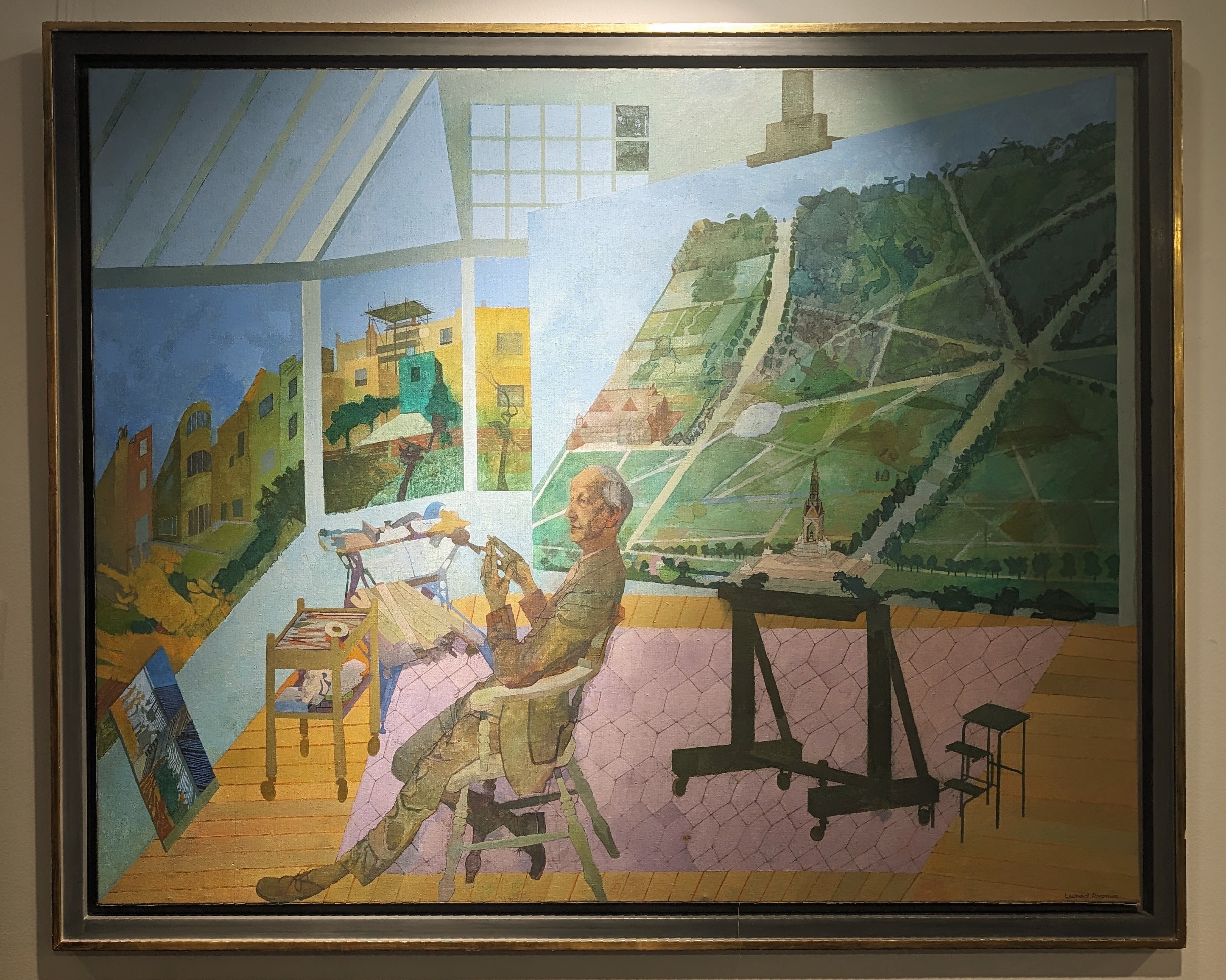Yanqi Huang
Supervisor
Abstract
Pedagogies, Professionalism and Practice
Architectural Education at the Royal College of Art 1951–c. 1999
This PhD examines the transformation of architectural education and practice in post-war Britain through an institutional biography of the Royal College of Art (RCA) architecture department. Using forensic archival analysis, biographical studies of unsung actors and oral history interviews, it studies the RCA’s role in the emergence of practice-led and interdisciplinary pedagogies, situating their development in the evolvement of built-environment discourses and the decline of ‘public-service’ architecture.
The politics of architectural education and professionalism has been a recurring research topic since the 1958 Oxford Conference (Zamarian, 2019), which made universities sole providers of architectural training. Despite growing significance in current professional education, historical accounts of these pedagogies remain scarce. This PhD addresses this gap by critically examining how changing economic and socio-political conditions influenced the evolution of these pedagogies after the 1951 Festival of Britain until the late twentieth century.
The RCA serves as the appropriate case study to examine the connection of pedagogy, professionalism and practice, including in relation too their architectural schools across Britain. Unlike 1950s beaux-arts and polytechnic models, the RCA combined its institutional tradition of fine arts with its role as a government-affiliated institution tasked with fostering innovation in design. Its pedagogical model of ‘design for industry’ and ‘design with impact’ (Casson, 1951) responded directly to post-war industrial and social challenges along with changing legislation and professional guidelines.Its influence extended beyond practice-led pedagogical innovations, playing a critical role in reshaping the social responsibilities of built-environment professions and the formation of education-industry partnerships and engaging with pressing post-war issues, including redevelopment, conservation, housing safety and public-sector decline.
Bio
Yanqi Huang is an architectural historian trained at the University of York and the Bartlett School of Architecture, UCL. His work centres on the rise and decline of the ‘public service’ culture in British twentieth-century urban environments, and the politics between architectural education and professionalism. He is a volunteer caseworker at the Twentieth Century Society and a former member of New Architecture Writers. He has written for the Architects’ Journal, the Architectural Review and the C20 Magazine. His PhD is funded by the Arts and Humanities Research Council (AHRC) through the London Arts & Humanities Partnership (LAHP).

